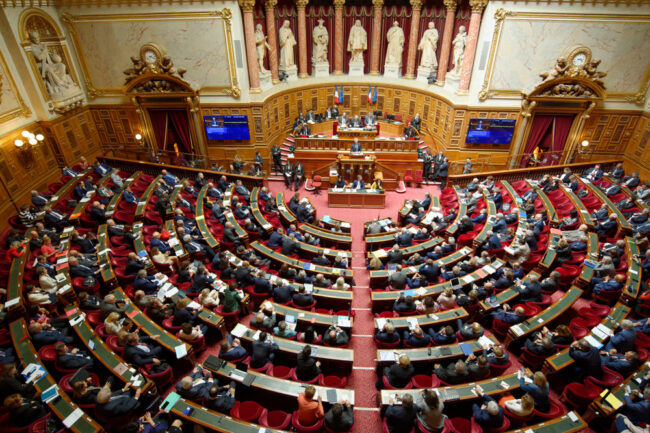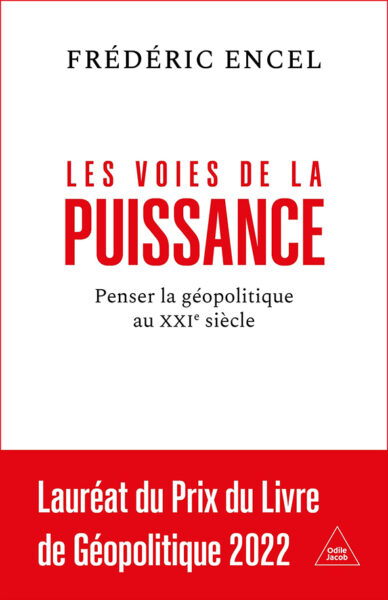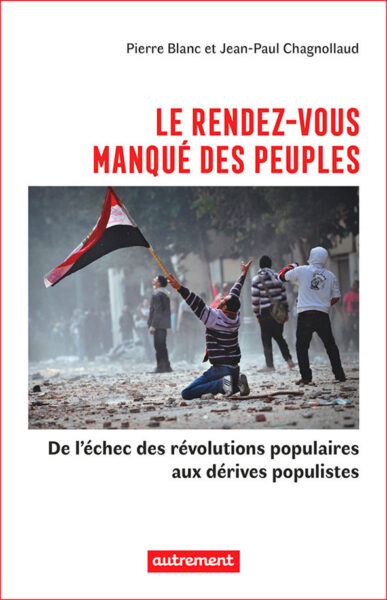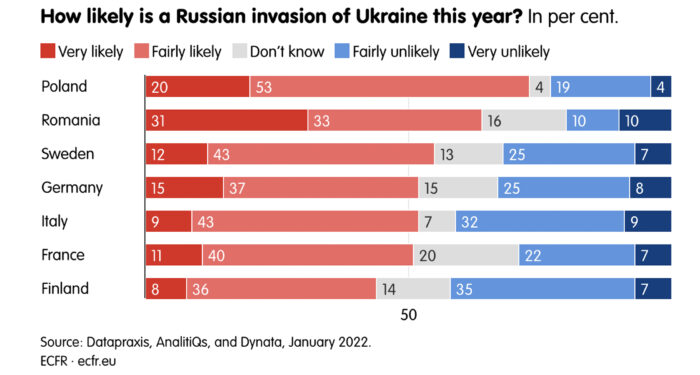The originality and strength of the French political model were attributable to the fact that the state rested on two pillars, argues Arnaud Teyssier. One of these was political in essence, the other administrative, providing an “administrative constitution” for which Napoleon laid the foundations. De Gaulle understood the advantage of such a harnessing of the political to the administrative sphere and was keen to restore it after France was liberated, taking the view that democracy was a political matter, politics being subject to fluctuating opinions and inevitable short-termism, whereas the republic owed its strength to a robust standing civil service that embodied the general interest and was capable of long-term thinking, even as it confronted emergencies. Our readers will appreciate that the author, in providing this interpretation, is pleading the cause of a misunderstood civil service that is currently under attack.
If democracy is in crisis and state institutions vulnerable, this is the product, in his view, of the destruction over the last 30 years of this happy equilibrium — particularly the questioning of the “administrative constitution” as a result of an ignorance of its specific nature — and the confusion of roles between the political and administrative spheres. Arnaud Teyssier bemoans the dismantling of a civil service that has been subjected to a twofold criticism: as being both all-powerful and powerless. He advocates the restoration of a state with a dual foundation, one pillar of which is a civil service that upholds institutions and acts strategically. Teyssier’s is a carefully reasoned viewpoint, but one that will inevitably prompt debate.




